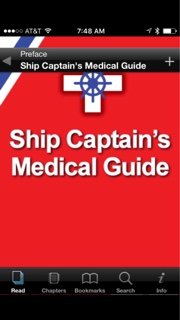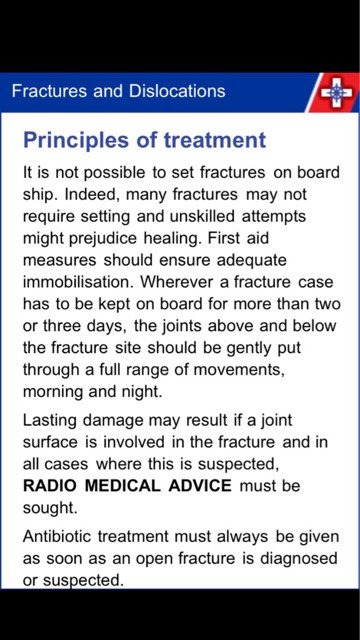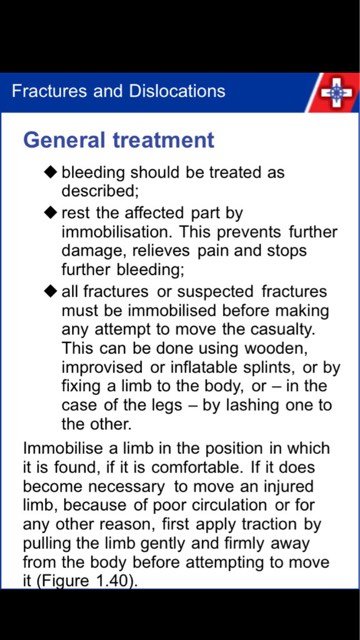Tom.B
Moderator Emeritus
- Joined
- Jul 30, 2009
- Messages
- 5,839
- Location
- USA
- Vessel Name
- Skinny Dippin'
- Vessel Make
- Navigator 4200 Classic
You want to know what keeps me up at night? I know this is a dark subject, but it has been a long off-season and I think about this a lot. So... why not share it with the group.
I am so scared that I won't be able to help Bess if she had a major, or even semi-major, medical emergency.
By far, my worst boating fear would be to lose my wife due to my own ignorance. Yes, I know I should take a course, but would that even prepare you for seeing your wife lying in a pool of her own blood with a tibia sticking out of her skin? I feel like I would only be able to cry and vomit at the sight, only being able to maybe try to control the bleeding, but no more.
Let's pretend, for a moment, that I would even HAVE all the necessary medical equipment onboard (and we don't), I still seem to have such a queezy stomach that a compound fracture or major tissue trauma would make me incapable of rendering proper medical care. There is, of course, a book onboard that came with the med kit, but seeing a 2D line drawing of a broken femur looks easy to fix on paper. I just don't know what to do should something like a fall cause sufficient damage and blood loss.
I guess the short version is: I know enough to know that I don't know enough. Any suggestions? Anyone else in my dark place too?
I need a drink---
I am so scared that I won't be able to help Bess if she had a major, or even semi-major, medical emergency.
By far, my worst boating fear would be to lose my wife due to my own ignorance. Yes, I know I should take a course, but would that even prepare you for seeing your wife lying in a pool of her own blood with a tibia sticking out of her skin? I feel like I would only be able to cry and vomit at the sight, only being able to maybe try to control the bleeding, but no more.
Let's pretend, for a moment, that I would even HAVE all the necessary medical equipment onboard (and we don't), I still seem to have such a queezy stomach that a compound fracture or major tissue trauma would make me incapable of rendering proper medical care. There is, of course, a book onboard that came with the med kit, but seeing a 2D line drawing of a broken femur looks easy to fix on paper. I just don't know what to do should something like a fall cause sufficient damage and blood loss.
I guess the short version is: I know enough to know that I don't know enough. Any suggestions? Anyone else in my dark place too?
I need a drink---




